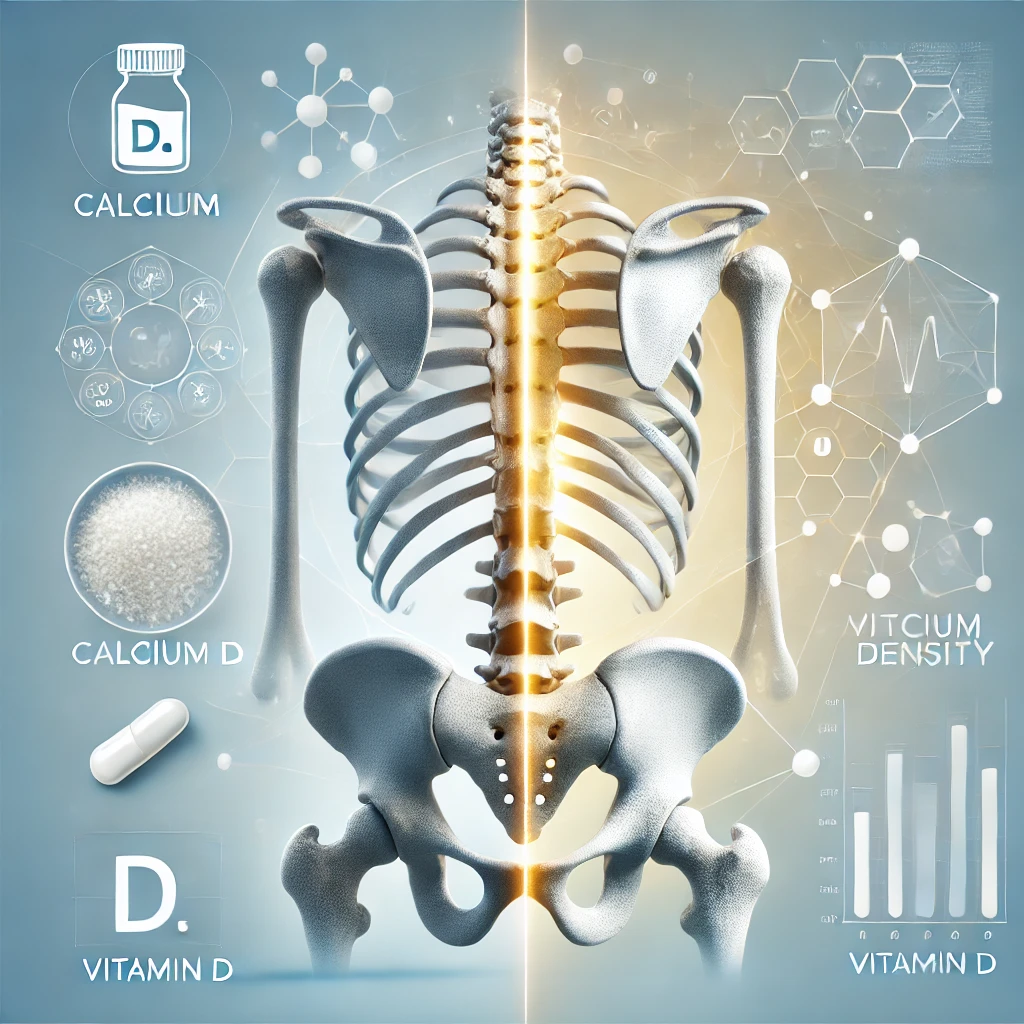Our Services
- Diabetes Mellitus
- Hypertension
- Osteoporosis
- Inflammatory Bowel Diseases
- Hypothyroidism and Endocrine Diseases
- Chronic Respiratory Diseases
- Chronic Neurological Diseases
- Chronic Liver Diseases
- Chronic Kidney Diseases
- Cardiovascular Diseases
- Arthritis and Rheumatic Diseases
- Confidential STD Testing & Treatment
- Women’s Health Screenings
- Men’s Health Screenings
- Obesity
- Vitamin Infusions
- Weight Management

Osteoporosis
Osteoporosis is a disease that weakens bones, making them fragile and more likely to fracture. It is commonly associated with aging, calcium and vitamin D deficiencies, and hormonal changes. This condition is often called a “silent disease” because it progresses without symptoms until a fracture occurs.
At our clinic, we provide regular bone density evaluations and personalized treatment plans to strengthen bones and prevent fractures.
Causes & Risk Factors
1. Aging & Bone Loss
- Bone density naturally decreases with age, especially after 50 years old.
- Women are at higher risk, particularly after menopause due to estrogen decline.
2. Nutritional Deficiencies
- Calcium deficiency weakens bone structure.
- Vitamin D deficiency reduces calcium absorption.
- Low protein intake affects bone strength.
3. Lifestyle & Medical Conditions
- Sedentary lifestyle (lack of weight-bearing exercises).
- Excessive alcohol & tobacco consumption.
- Long-term use of corticosteroids.
- Hormonal disorders (thyroid, parathyroid, or testosterone imbalances).
Symptoms of Osteoporosis
Osteoporosis usually has no symptoms in early stages. However, as the disease progresses, symptoms may include:
- Loss of height over time.
- Back pain due to fractured or collapsed vertebrae.
- Fragile bones that break easily from minor falls or movements.
- Stooped posture or spinal curvature.
Osteoporosis Management & Treatment
1. Bone Density Testing (DEXA Scan)
- Measures bone mineral density (BMD).
- Helps assess fracture risk and osteoporosis severity.
2. Medication & Supplements
- Bisphosphonates – Slow bone loss and strengthen bones.
- Calcium & Vitamin D supplements – Essential for bone health.
- Hormone therapy – Estrogen replacement for postmenopausal women.
- Bone-forming medications – Stimulate new bone growth.
3. Nutritional Recommendations
- Increase calcium intake (dairy, leafy greens, almonds).
- Boost vitamin D levels (sun exposure, fortified foods, supplements).
- Protein-rich diet to support bone repair.
4. Physical Activity & Fall Prevention
- Weight-bearing exercises (walking, jogging, dancing) strengthen bones.
- Resistance training (weights, bands) improves bone density.
- Balance & flexibility exercises (yoga, tai chi) reduce fall risks.
- Home safety modifications (handrails, proper lighting) prevent fractures.
Complications of Untreated Osteoporosis
Without proper management, osteoporosis can lead to:
- Fractures (hip, spine, wrist) even from minor falls.
- Chronic pain & disability due to bone fragility.
- Loss of mobility & independence in severe cases.
- Increased risk of hospitalization & long-term care needs.
Advantage Osteoporosis Care
We provide a comprehensive bone health program, including:
✅ Regular bone density scans for early detection.
✅ Personalized diet & supplement plans to maintain strong bones.
✅ Exercise programs tailored to improve bone strength & balance.
✅ Medication management for osteoporosis treatment & prevention.
✅ Fall prevention strategies to reduce fracture risks.


Health Tips & Info
- Consume enough calcium through dairy, nuts, and green vegetables.
- Get daily sun exposure or take vitamin D supplements.
- Engage in weight-bearing exercises to maintain strong bones.
- Avoid smoking and limit alcohol to prevent bone loss.
- Have regular bone density tests if you are at risk.